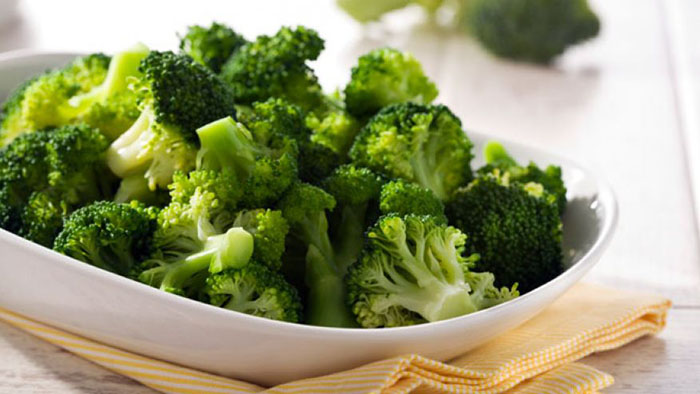Tip: Plums come in black, yellow, red, pink, even green, but darker skin varieties are richer in antioxidants. A medium plum has only 30 calories, so the whole fruit is a diet-friendly snack. Plums are versatile too, delicious poached for a warm treat or pureed into plum sauce that’s tasty mixed into yogurt.
Sauerkraut is an unexpected breast cancer-fighter with high levels of glucossinolates that have been found to inhibit the development of cancers including breast cancer. Researchers at the University of Michigan found that people who ate sauerkraut at least three times a week were 72 percent less likely to develop breast cancer than those who it less than twice a week.
Tip: Use sauerkraut to add tangy flavor to soups and casseroles, add it finely chopped to spice up ordinary tuna or egg salad!
Tomatoes are packed with lycopene, a powerful antioxidant that gives tomatoes their redness and also helps protect against breast cancer by stopping cancer cell growth. Researchers at Harvard Medical School found that people who ate greater quantities of tomatoes, and carotenoid vegetables in general, lowered their risk of breast cancer.
The body more readily absorbs the lycopene in tomatoes when they are cooked, so go ahead and use canned tomatoes and tomato paste in sauces and recipes.
Broccoli is a cruciferous vegetable that’s rich in phytonutrients that can arrest the spread of cancer and stop cancer cells from forming. These phytonutrients also change estrogen metabolism, prompting the production of a form of estrogen that doesn’t raise breast cancer risk.
Tip: If you find boiled broccoli a bit bland try roasting it, which brings out its robust, nutty flavor. Lightly coat your broccoli in extra virgin olive oil before roasting, as this helps the body absorb more of the vegetable’s nutrients.
Garlic contains allyl sulfide, a compound that research suggests alters the process during which a normal, healthy cell becomes cancerous. Numerous studies have shown that components in garlic inhibit growth and reduce the spread of human breast cancer cells.
Tip: Crushing, chopping, or slicing garlic cloves will trigger the formation of allicin, one of the most beneficial active compounds in garlic.
More about:
















































